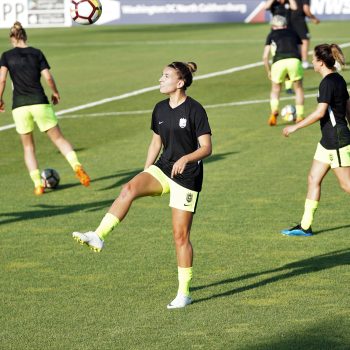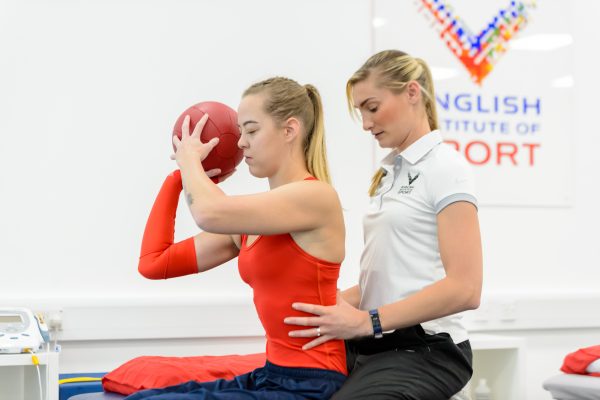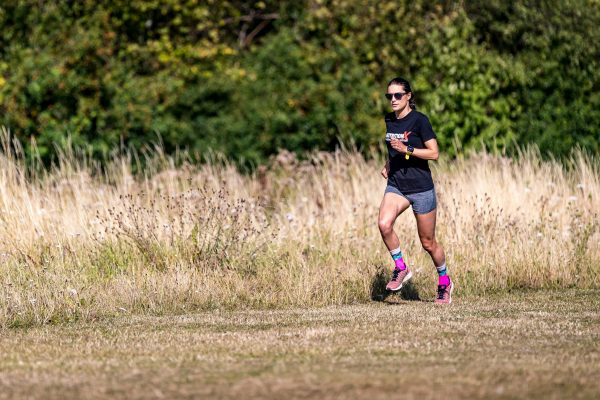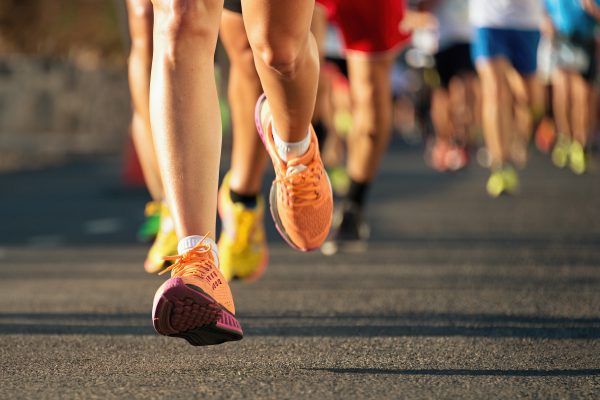As staunch supporters of athletes of all sexes, genders and disciplines, we’re proud to celebrate International Women’s Day and the #breakthebias campaign aimed at dispelling the unhelpful biases that women face on a daily basis. We caught up with Performance Nutritionist Jasmine Campbell – whose thriving career in professional sport includes advising multiple professional men’s football and swim teams – to get her expert insight on the biases facing women in sport; both from an athlete and practitioner perspective...
As a female practitioner, what are some of the key biases you see female athletes facing in their careers?
I think the main bias against female athletes is that they are perceived to be less ‘athletic’ than their male counterparts and therefore don’t ‘deserve’ as much funding, or must not be as entertaining to watch. With sport often being considered masculine and with society’s expectations of how women should look, I also think many women feel deterred from pursuing athletic careers from a young age as they don’t see a professional career in sport as necessarily that desirable; both in their own eyes, and in the eyes of others.
Other biases facing women in sport are those that I think most women face in their careers – how to balance starting a family with competing, how to make a career in any given sport financially viable in the long term etc.
What are the challenges to overcoming these biases?
It’s a chicken and egg situation. If you don’t fund women’s sport enough for female athletes to be able to pursue a full-time career as an athlete, then their athleticism and ability to perform at their highest level will always be limited. However, it’s a vicious cycle, as funding options will be limited if female sport isn’t seen as ‘equal’ viewing to their male counterparts, and there therefore isn’t the same money-making opportunities for the sport itself.
Ultimately, I think better funding for women’s sport is where it has to start. This would result in increased exposure, full-time opportunities, an improved level of coaching alongside sport science and medical support, allowing females athletes to excel where they’ve been previously held back.
Working with a women’s top tier football team, it’s likely you will be supporting athletes who are juggling part or full-time work, travelling far distances to training and have significantly less in terms of equipment, support and facilities than a men’s team several leagues below.
For female athletes, what does the research say about the menstrual cycle, its impact on athletic performance and the relevant nutritional requirements?
There is some research that alludes to changes that the menstrual cycle brings about in female sex hormones affecting recovery from exercise, which nutritional interventions could support. However, I believe there is a need for more evidence into how phases of the cycle enhance and impair recovery before more investment is made into specific nutrition strategies for phases, although I can’t see it causing any harm if anyone does want to employ those strategies.
If this area interests you then I would recommend following Dr Kirsty Sale @ElliottSale on Twitter and Kelly @periodoftheperiod on Instagram.
What bias do you see for women being practitioners working in professional sport and what would be your advice to them?
From my experiences and conversations with other practitioners, regardless of gender, the biggest stigma when it comes to women being employed to work in men’s sport is that it could cause potential issues with unprofessionalism and the staff athlete/colleague relationship. To anyone that wants to be respected as a professional and do a good job, this prejudice can be incredibly frustrating. It’s the same frustration for a male practitioner not being considered for a role working with females.
If working in a sport where women are typically the minority in that industry is what you want to do, then don’t let these biases put you off. If you know you can be effective and do a good job, then you absolutely deserve to be there. It only takes one person to open the door to let you in, then it’s up to you – regardless of sex or gender – to prove your own professional worth. You know your own abilities, so don’t let the unfounded biases of others ever hold you back.







